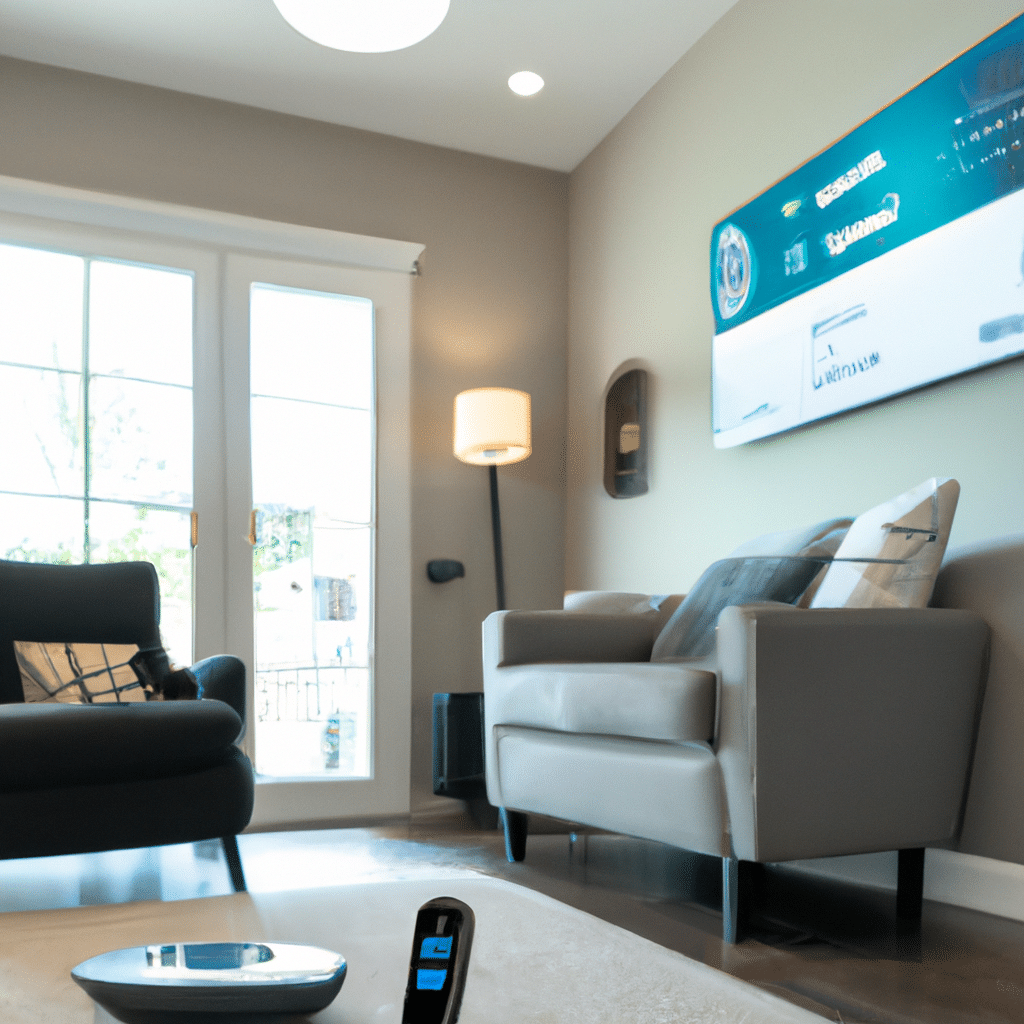At present, smart home devices are becoming more and more prevalent, and they are not just for convenience, but also for people with disabilities to live independently. Smart home devices can perform various tasks, such as turning on and off lights, opening doors, and controlling the temperature, and there are many devices that can help people with disabilities to do these tasks with ease and efficiency.

The Benefits of
Smart home devices can provide numerous benefits to people with disabilities. For example, voice-activated devices can help people with mobility issues to control home appliances without having to physically touch them. Smart thermostats can help people with disabilities to control the temperature and create a comfortable living environment without having to get up and adjust the thermostat.
Moreover, smart home devices can also provide peace of mind to family members and caregivers of people with disabilities. They can monitor the safety of the person with disabilities, set reminders for their medication, and even detect falls or other accidents.
Types of
1. Smart Lighting
Smart lighting can be controlled using a smartphone or voice control, and people with disabilities can easily turn on and off the lights without having to physically get up. Smart lighting systems can also be programmed to turn on and off at specific times, creating a comfortable and convenient living environment.
2. Smart Door Locks
Smart door locks are easy to operate and can be controlled remotely using a smartphone. People with disabilities can easily lock and unlock doors without having to use a key. They can also provide an added layer of security, as they can be programmed to alert family members or caregivers if someone tries to break in.
3. Smart Thermostats
Smart thermostats can be programmed to adjust the temperature according to the user’s preferences, and they can also be controlled remotely using a smartphone. People with disabilities can easily adjust the temperature without having to get up and adjust the thermostat manually.
4. Smart Plugs
Smart plugs can be used to turn on and off appliances using a smartphone or voice control. People with disabilities can easily turn on and off appliances without having to physically get up and do it themselves.
5. Smart Home Security Systems
Smart home security systems can monitor the safety of the person with disabilities, alerting family members or caregivers if something goes wrong. They can also provide peace of mind to family members and caregivers who can remotely check on the safety of their loved ones.
Conclusion
Smart home devices are a valuable tool for people with disabilities, providing them with the independence and convenience they need to live their lives to the fullest. By using smart home devices, people with disabilities can control their homes with ease and efficiency, and family members and caregivers can have peace of mind knowing that their loved ones are safe and secure. Smart home devices are an excellent investment for anyone looking to improve their quality of life and live independently.












